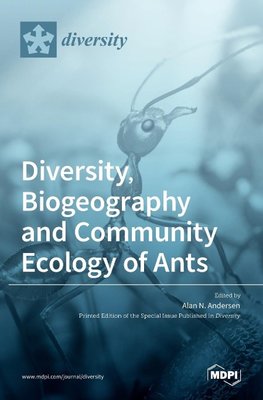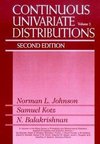
-
 Anglický jazyk
Anglický jazyk
Diversity, Biogeography and Community Ecology of Ants
Ants are a ubiquitous, highly diverse, and ecologically dominant faunal group. They represent a large proportion of global terrestrial faunal biomass and play key ecological roles as soil engineers, predators, and re-cyclers of nutrients. They have particularly... Viac o knihe
Na objednávku
120.96 €
bežná cena: 134.40 €
O knihe
Ants are a ubiquitous, highly diverse, and ecologically dominant faunal group. They represent a large proportion of global terrestrial faunal biomass and play key ecological roles as soil engineers, predators, and re-cyclers of nutrients. They have particularly important interactions with plants as defenders against herbivores, as seed dispersers, and as seed predators. One downside to the ecological importance of ants is that they feature on the list of the world's worst invasive species. Ants have also been important for science as model organisms for studies of diversity, biogeography, and community ecology. Despite such importance, ants remain remarkably understudied. A large proportion of species are undescribed, the biogeographic histories of most taxa remain poorly known, and we have a limited understanding of spatial patterns of diversity and composition, along with the processes driving them. The papers in this Special Issue collectively address many of the most pressing questions relating to ant diversity. What is the level of ant diversity? What is the origin of this diversity, and how is it distributed at different spatial scales? What are the roles of niche partitioning and competition as regulators of local diversity? How do ants affect the ecosystems within which they occur? The answers to these questions provide valuable insights not just for ants, but for biodiversity more generally.
- Vydavateľstvo: MDPI AG
- Rok vydania: 2022
- Formát: Hardback
- Rozmer: 250 x 175 mm
- Jazyk: Anglický jazyk
- ISBN: 9783036527864












